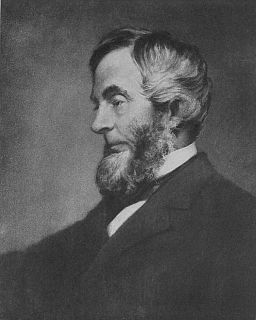A Quote by Robert Solow
The key thing about wealth in a capitalist economy is that it reproduces itself and usually earns a positive net return.
Related Quotes
There isn't a sense of well-being and optimism about the nation's future, but that hasn't attached itself to the Democrats for some reason. They are not accountable. It certainly hasn't attached itself to Obamacare. That's why Hillary Clinton can run around and talk about the need to improve the economy. She ought to be dead politically on that score right there. She ought not be able to cite the economy at all as a positive. She ought not have any credibility at all on the economy.
Water is our next great environmental challenge. It is the new oil. How are we going to preserve this sport unless we are designing and maintaining golf courses that are energy net zero, carbon net zero and water net zero? Or ideally, energy positive, carbon positive and water positive, where they are taking out more than they are using.
Over the long term, it's hard for a stock to earn a much better return that the business which underlies it earns. If the business earns six percent on capital over forty years and you hold it for that forty years, you're not going to make much different than a six percent return - even if you originally buy it at a huge discount. Conversely, if a business earns eighteen percent on capital over twenty or thirty years, even if you pay an expensive looking price, you'll end up with one hell of a result.
Capitalism is very far from a perfect system, but so far we have yet to find anything that clearly does a better job of meeting human needs than a regulated capitalist economy coupled with a welfare and health care system that meets the basic needs of those who do not thrive in the capitalist economy. If we ever do find a better system, I'll be happy to call myself an anti-capitalist.
Wealth brings noble opportunities, and competence is a proper object of pursuit; but wealth, and even competence, may be bought at too high a price. Wealth itself has no moral attribute. It is not money, but the love of money, which is the root of all evil. It is the relation between wealth and the mind and the character of its possessor which is the essential thing.
One of the dangers about net-net investing is that if you buy a net-net that begins to lose money your net-net goes down and your capacity to be able to make a profit becomes less secure. So the trick is not necessarily to predict what the earnings are going to be but to have a clear conviction that the company isn't going bust and that your margin of safety will remain intact over time.
Bottom line is, I didn't return to Apple to make a fortune. I've been very lucky in my life and already have one. When I was 25, my net worth was $100 million or so. I decided then that I wasn't going to let it ruin my life. There's no way you could ever spend it all, and I don't view wealth as something that validates my intelligence.




































